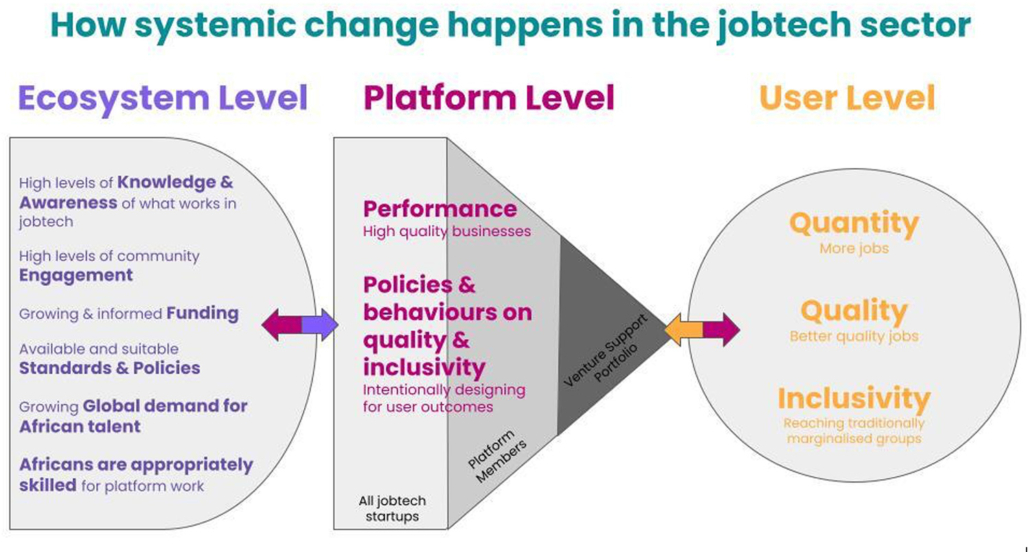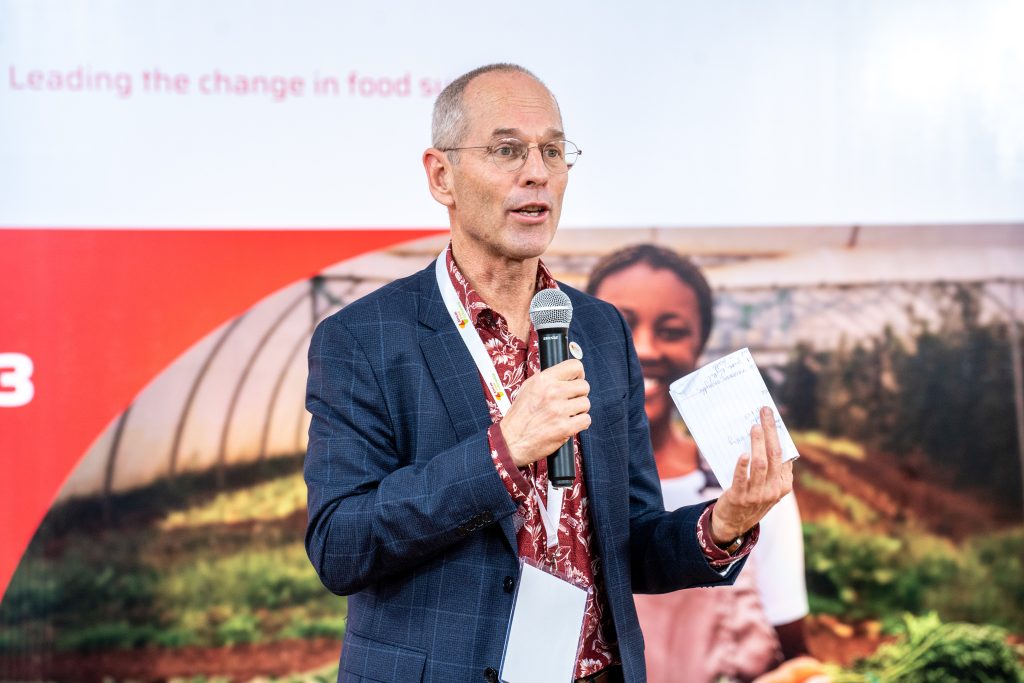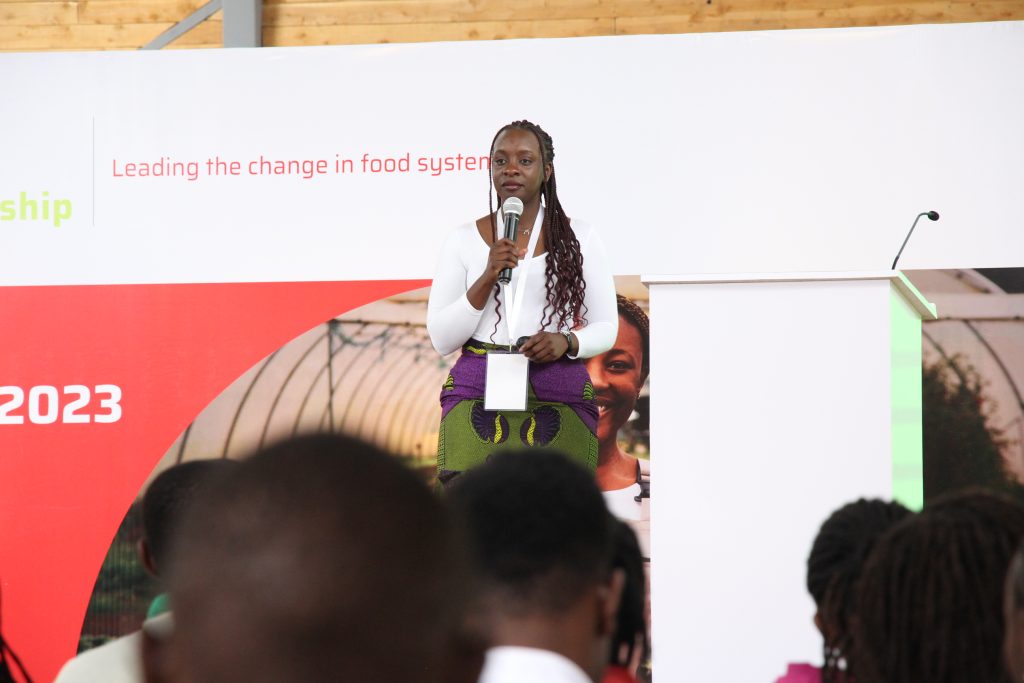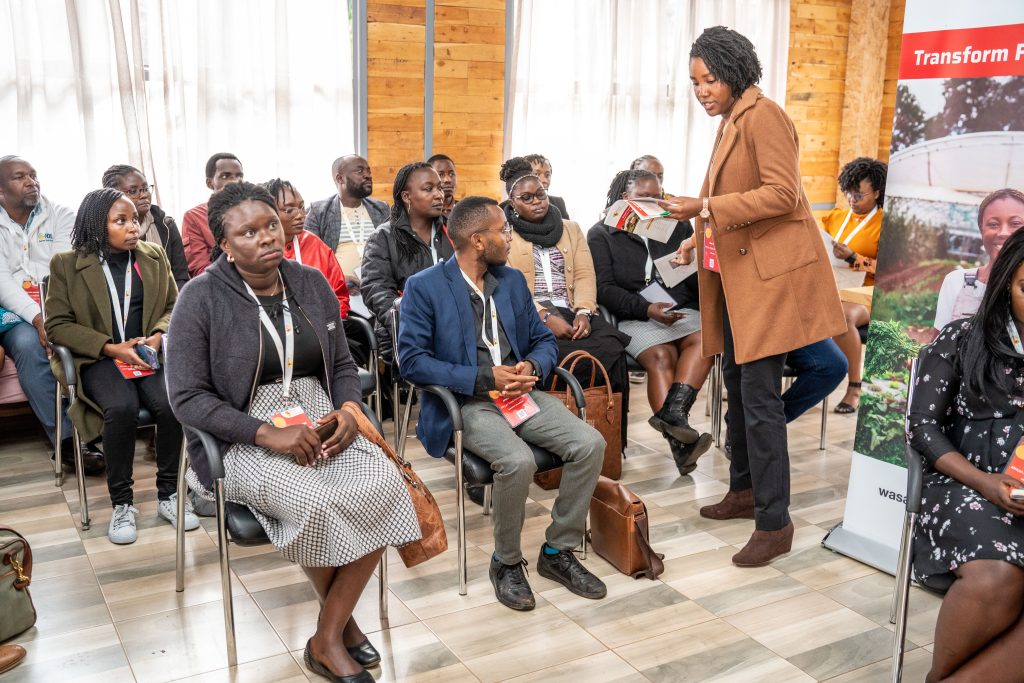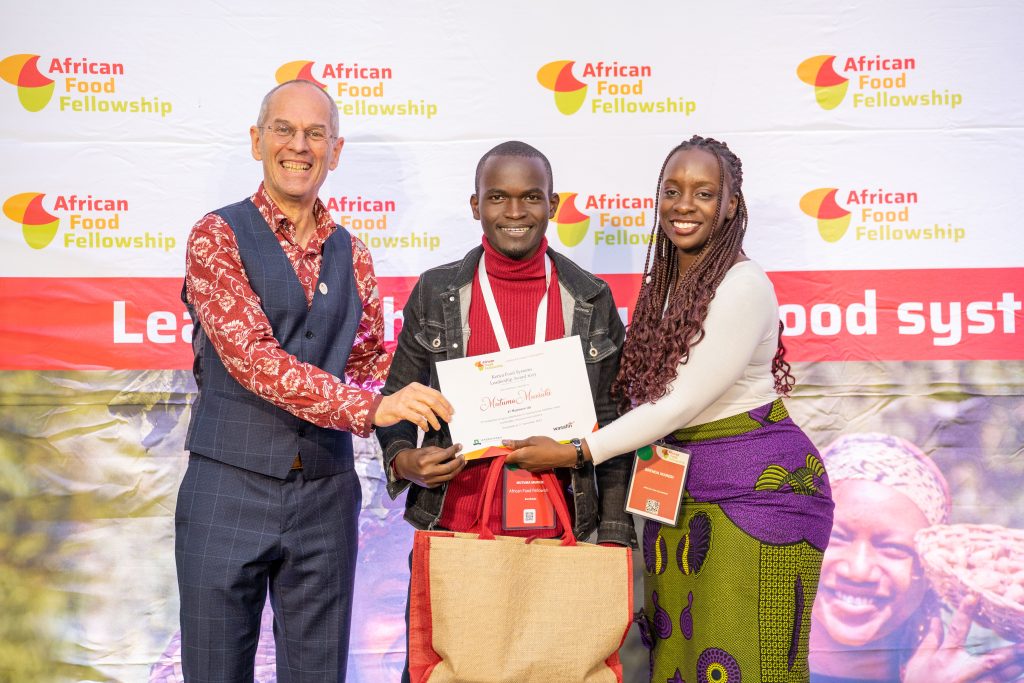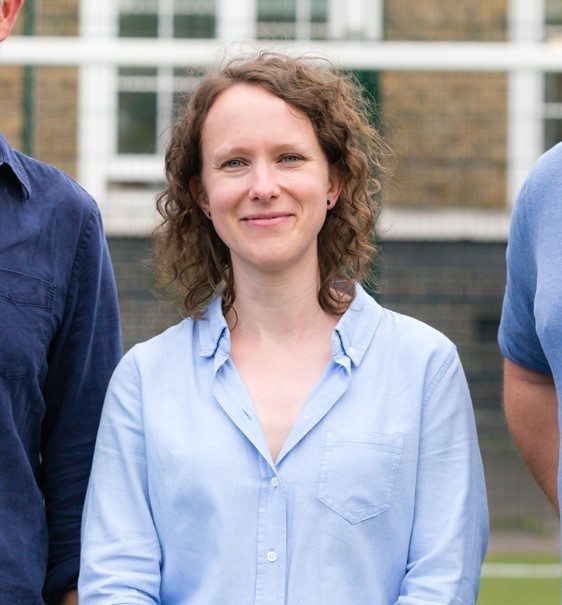Could Girls on Bikes replace GDP?

Latest posts
Share:
The joy of the internet is that amongst all the rubbish and all the scary stuff, there are flashes of brilliance to be found, the sort that makes you see new and joyful possibilities. And the idea of girls riding bikes as an alternative to GDP is one of those flashes.
I tripped over this idea on a wander down the back allies of LinkedIn (generally a rather uncool place of self-promoters) – but here was someone promoting someone else’s idea (always a good sign).
The idea (from economist Katherine Trebeck) goes something like this. If girls ride bikes to school then that means:
- they are going to school
- people (parents) perceive roads as safe enough
- people have enough money to afford bikes
- people don’t have to drive cars just to get their kids to school
- better air quality in cities, and better connectivity in rural areas
- girls feel safe to be out and about on their own
- there is enough gender equity for girls to be riding bikes
- if girls ride bikes, then it also means boys will be riding bikes too
Personally, as a girl who grew up in London and for whom riding bikes to school (and everywhere else) was a pathway to staying safe, to getting out in the world and to expanding my horizons, there is something joyful in this as a measure of a whole economy’s wellbeing.
The idea is, of course, just a glimpse of a much bigger set of ideas around what is an economy for? And how do we know if the economy is getting better or worse? What is an economy that is delivering increasing wellbeing for all?
The point of the girls-on-bike metric is not about the bikes or even just the girls, but about what they indicate.
GDP (Gross Domestic Product) was created as an indicator (not an end in self) – it contained the assumption that if a country had a growing GDP then people would be experiencing an increasing quality of life. And for a time in post-World War 2 Europe, that was largely true. And it remains true for some places.
But as we outstrip the planetary boundaries, as wealth inequality grows and as mental health challenges rise, GDP seems a less and less relevant indicator and a growing GDP may even indicate a decrease in wellbeing.
But it is not enough to know what is wrong with our old ideas we need some new ideas to replace them. We need glimpses of a possible future. And this is where girls-on-bikes comes in.
It’s not a single ‘answer’, no one is suggesting it holds an entire universal economic story in this indicator – but then neither does GDP. What it really offers is a different mental model for even thinking about what a ‘good’ economy looks like.
Part of the power of existing systems is that we absorb them into the mental models that frame how we understand the world around us. The way things can seem so inevitable, so pervasive as simple to be the only way that things could be.
It becomes hard to imagine other ways of seeing and thinking. GDP growth has become such a dominant mental model for what a ‘good’ economy is, that it smothers all other possibilities.
So some of the elegance of the girls-on-bikes metric is not that it is necessarily right, but that it gives us a picture of alternative possibilities. It doesn’t just say what is wrong with GDP (which is a well-rehearsed argument even by some very conventional economists) but it suggests a glimpse of possible future – and that makes all sorts of other things imaginable.
Note
Katherine Trebeck is part of The Wellbeing Economy Alliance, a collective of economists offering new ideas on how we can understand progress and wellbeing and growth. And they have a lot of other ideas to share – check them out, including a great conversation with Katherine herself.





